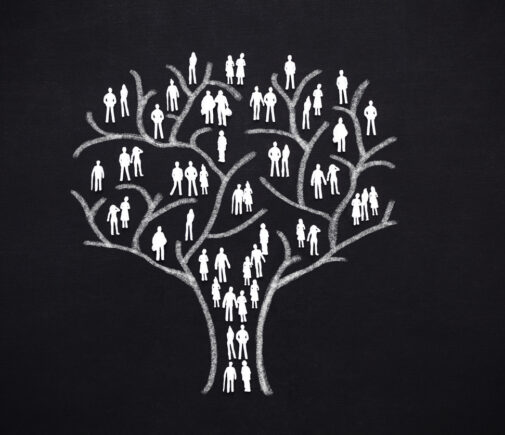Sally N. Says:
What proof do you need to show grandparents were from another country? And who do you submit it to for a second passport?
Global Diversification Expert Ted Baumann Says:
 Hi Sally,
Hi Sally,
Every country has its own rules about ancestral citizenship. Most countries grant citizenship to children born to one or more of their citizens. Beyond that, however, it gets complicated.
Let’s focus on the European Union, since that’s where most Americans looking for ancestral citizenships are descended from.
A few European countries grant citizenship to foreigners based on their having a grandparent who was a citizen. Some who do include Ireland, Italy, Germany, Poland, Greece, Hungary, Latvia, Lithuania, Luxembourg, Croatia, and Slovakia. But every country is different, both in terms of who qualifies, and what proof is needed.
Here are some of the examples:
- Countries that have experienced significant changes in legal status or in borders over the last several centuries often have complicated rules to specify who qualifies based on whether your ancestors were born on territory that country controlled at the time. For example, Italy only allows you to trace ancestry back to 1861, when the country became a unified kingdom. Poland grants citizenship to people whose ancestors left the country after 1920, when Poland was reestablished as an independent country but also to people who can prove their ancestors were born in places that were part of historical Polish territory before 1920.
- Some countries, such as Poland, only allow you to claim ancestral citizenship if there is an unbroken chain of citizenship between you and your ancestor. That means if your ancestor or one of their descendants before you lost their Polish citizenship, or acquired another citizenship, they ceased to be Polish, which means you no longer qualify. Other countries, like Ireland, allow people to reestablish a chain of citizenship through special registries.
- Many countries have changed their laws several times over the years. The most common variables include whether your ancestor was male or female. Italy, Greece, and Germany, for example, once only allowed ancestral citizenship through the male line. All have since changed their laws but didn’t make them retrospective. So depending on when your ancestor was born, you may not qualify if that ancestry was through a female citizen. (Note, however, the European Union Constitution forbids discrimination on the basis of sex, so many people have successfully petitioned for citizenship through the female line even though they were initially rejected.)
- Some countries have special provisions for people whose ancestors were victims of the Holocaust, that differ from the normal ancestral citizenship pathway. Portugal even grants ancestral citizenship to people who can prove their ancestors were expelled from the country during the Spanish Inquisition.
In every case the paperwork you need is the same. You’ll need birth certificates for all your ancestors up to and including you. You’ll need marriage certificates for them as well. If original birth certificates aren’t available, some countries will accept baptismal certificates, records of live birth, or entries in parish registries from local churches.
If you’re looking for citizenship by ancestry from a country that requires an unbroken chain of citizenship, you’ll need to prove your ancestor never gave up that country’s citizenship, and your more recent ancestors, i.e. your parents, acquired that citizenship as well.
Citizenship by ancestry is something best handled by a specialist agency. They have connections to the countries in question and know where to look to find the necessary documentation.
Here at IL, we have worked with Global Citizen Solutions for topics such as this.
Got a Question?
Send your thoughts to mailbag@internationalliving.com. We’ll post and respond to as many of your emails as we can right here in the e-letter.

